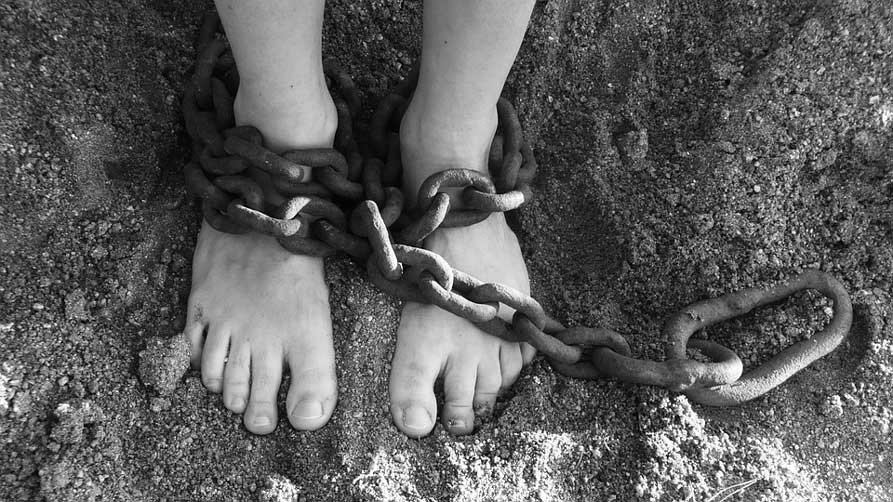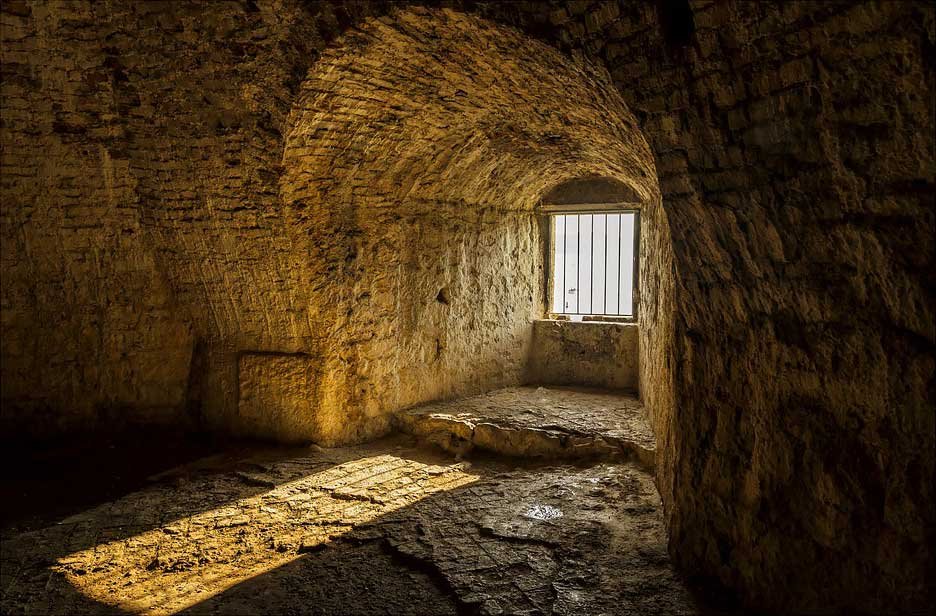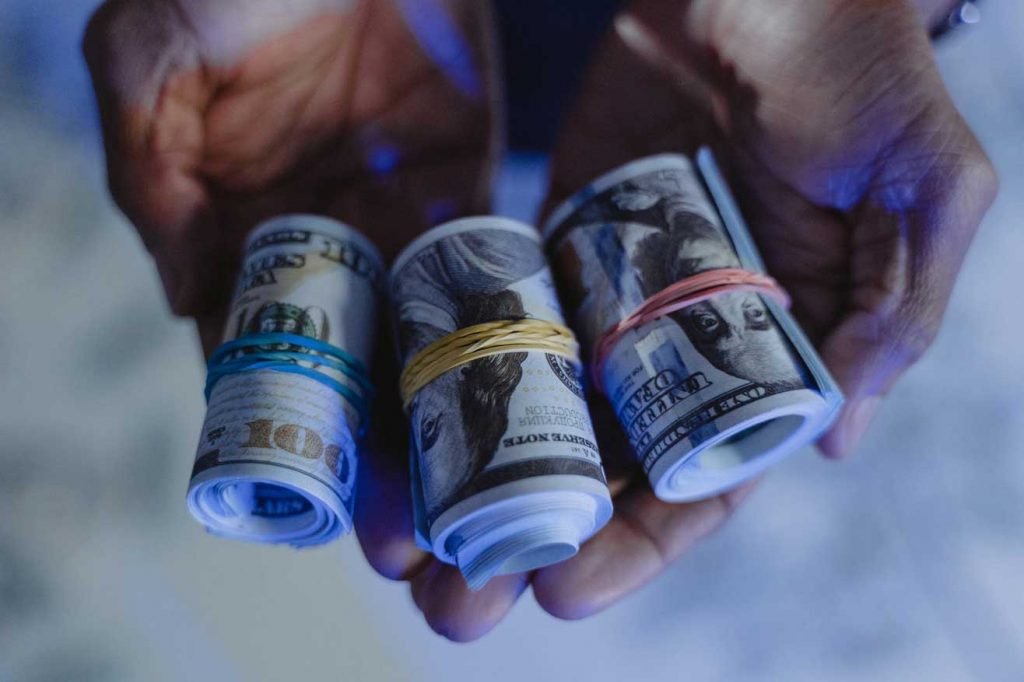
When we talk about racial injustice and white influence, we actually mean the socio-economic barricades. But when we look at the percentage of African Americans in prison in the U.S., it becomes clear why we still call it a protest. Now the biggest question comes as Why is the rate so high? What are the demerits of it?
Between 2007 and 2017, a 20% fall in the number of black inmates surpassed a 13% decrease in the number of white inmates, resulting in a narrowing of the black-white disparity.
So, it is clear that racial boundaries were large in action since long ago. But nowadays, amidst all the protest and rivalry, this climax is never coming to an end!
We have done a lot of research regarding this issue and concluded our decision. In this article, we’ll be talking about our thoughts and reasons behind the massive percentage of African Americans in prison.
Imprisonment Rate of African Americans in Prison
The overall incarceration rate in the United States has been declining for the past decade, yet the country still has the highest incarceration rate in the world. Between 2006 and 2018, the U.S. imprisonment rate declined 17 percent, from 666 to 555 convicts per 100,000 individuals, accounting for all races and ethnicities.
At the end of 2018, the incarceration rate was roughly the same as it was in 1995 when there were 556 convicts for every 100,000 adults. There were 592,900 black and 499,800 white convicts ten years ago, a difference of 93,100.
Between 2007 and 2017, a 20% fall in the number of black inmates surpassed a 13% decrease in the number of white inmates, resulting in a narrowing of the black-white disparity.
What is the percentage of African American Males in Prison
After peaking in 2001, the incarceration rate for Black men in the United States has been declining. Despite this, the rate of imprisonment for Black men in the United States is still many times that of white men and more than double that of Hispanic men. This demonstrates significant racial disparities in the criminal justice system.
According to the Bureau of Justice Statistics, 2,203 Black men were sentenced to state or federal prisons in the United States in 2019. This figure excludes those held in county jails or in pre-trial detention.
True reforms to the criminal justice system are impossible to achieve without acknowledging the system’s racist roots. To reduce racial inequities, immediate and targeted attention to the causes and consequences is essential.
What is the percentage of African American Females in prison?
In the United States, women’s incarceration rates are substantially lower across the board. The number of Hispanic and Black women incarcerated has also decreased since the late 1990s.
White women, the group with the lowest total incarceration rate, are exceptional in that their incarceration rate has been gradually increasing since 1980 and has just recently begun to decline.
There are several explanations as to why Black incarceration rates are decreasing. For starters, crime and arrests have been down in the United States as a whole. In addition, the war on drugs has moved its focus to meth and opioids, which are narcotics associated with the white population to a greater extent.
Final Words
True progress toward a racially equitable system necessitates an awareness of the disparities in racial and ethnic inequities in prison among states.
As well as the policies and practices that contribute to these disparities. It is our duty to accept this outlaw and take the initial steps to prevent this. Otherwise, we will be responsible for all the misdeeds, indeed.












